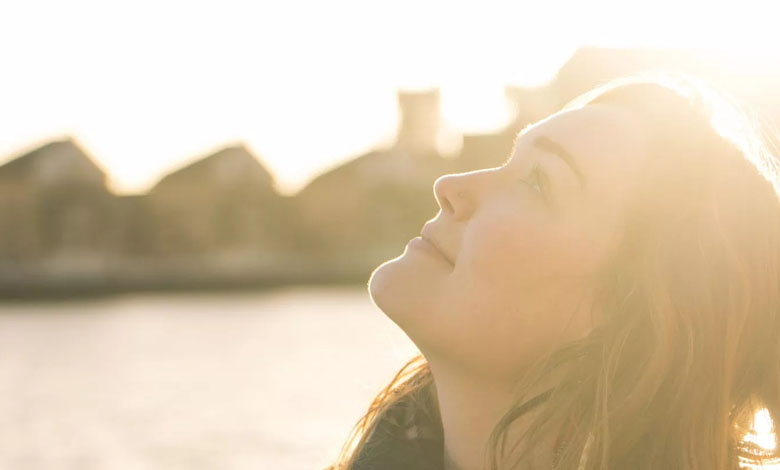Health Effects of lack of light on our health

Scientists have demonstrated the influence of natural light on our mood. Doctor Norman Rosenthal was the first to highlight this correlation, until using the term seasonal depression in 1984. Natural light promotes the production of serotonin, the hormone of happiness. With the arrival of autumn, the opportunities for exposure to the sun are fewer. As a result, serotonin is less present in our body, we are more gloomy.
To rediscover the sensations of natural light, you can opt for light therapy. The principle ? Sit in front of a specific lamp, at a distance of 40cm to 60cm for half an hour, every day. A rhythm to follow if you want to enjoy the benefits of the object in the long term. Important element: the lamp must emit a white light of at least 10,000 lux, comparable to that of the sun.
Higher risk of myopia
Myopia is often attributed to genetics. But the environment would also play a role in the progression of this sight disorder. In 30 years, more than half of the world’s population will be affected according to forecasts by the World Health Organization (WHO). Myopia occurs when the eye is geometrically “too long”. The projection of the images appears in front of the retina and not on the retina. The vision of myopes is then clear up close, but blurry from afar. Solutions exist to correct this anomaly such as wearing contact lenses or glasses. Eye surgery is also possible.
In an interview with Le Parisien in 2017, Professor Thanh Hoang-Xuan, head of the ophthalmology department at the American Hospital of Paris, reveals: “Heredity is not enough to justify such an increase in the eye. The most serious track seems to be the lack of natural light. It has been demonstrated on the animal that the sun has an influence on the length of the eye. Its growth is regulated by the amount of natural light that the retina perceives each day. When this light is lacking, the eye ends up deforming, which leads to myopia. It is very disturbing”.
More disturbed sleep
Lack of light also affects the quality of sleep. When night falls, the body secretes melatonin, the sleep hormone. The National Institute of Health and Medical Research (INSERM) specifies: “Its concentration in the blood increases to reach its maximum around 3 or 4 a.m., then it drops to become minimal again when it is time to cool off. lift”. In autumn and winter, more melatonin is secreted due to shorter days which disrupt the biological rhythm. It is therefore not surprising to be more tired at this time of year.
Proof that the lack of light influences sleep, the Biron laboratory reports the results of a study carried out in 2012 by the University of Tromsø, in Norway. The sleep patterns of participants in Accra (Ghana) and Tromsø, two places where light exposure and day length differ greatly, were compared. “The study found that exposure to daylight in the morning had a noticeable impact on circadian rhythm. The subjects from Ghana reported almost no seasonal differences compared to those from Norway”.
In order to avoid slack, do not hesitate to go out for about fifteen minutes every day, even when the weather is overcast or a little rainy to stimulate you. The practice of a sports activity is also recommended.












